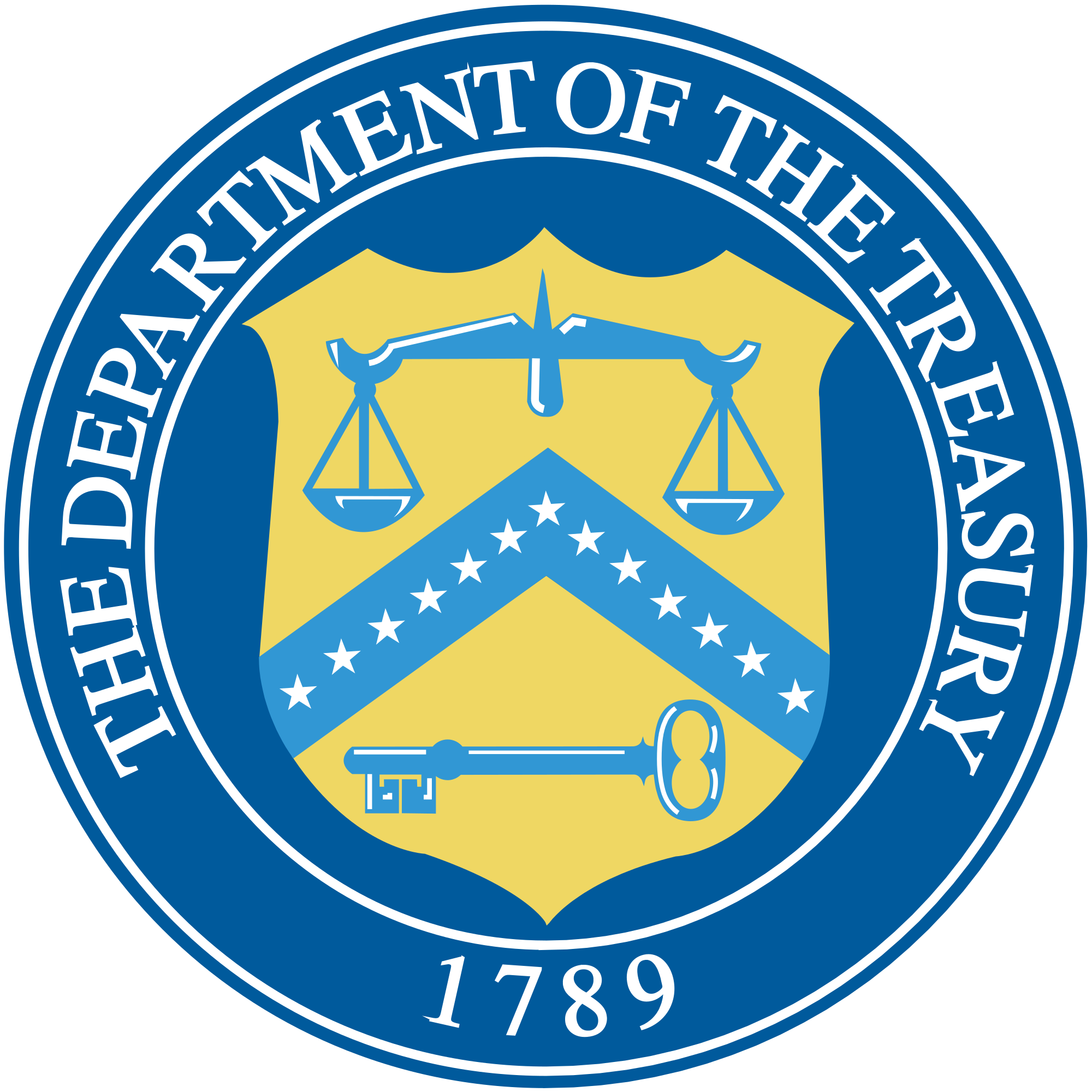The United States Treasury Department has released a report highlighting the potential for bad actors to exploit vulnerabilities in decentralized finance (DeFi) platforms to facilitate money laundering. The report, entitled ‘Illicit Finance Risk Assessment of Decentralized Finance’, singles out actors from the Democratic People’s Republic of Korea, or North Korea, as well as other scammers. Also, the Treasury Department has warned that non-compliance with certain anti-money laundering (AML) and countering the financing of terrorism (CFT) regulations has allowed groups engaged in illicit activities to benefit from DeFi platforms.
The @USTreasury just released a risk assessment on #DeFi illicit finance risk. A risk assessment is a study that is often the first step to regulation. Any regulation on #crypto must be compatible with the technology. https://t.co/iag84fJ67G
— Perianne (@PerianneDC) April 6, 2023
The report revealed that DeFi services often lack adequate AML/CFT controls and other processes to identify customers. This has allowed the layering of proceeds to take place instantaneously and pseudonymously, using long strings of alphanumeric characters instead of names or other personally identifying information. As a result, the Treasury Department believes that illicit actors, including criminals, scammers, and North Korean cyber actors, are using DeFi services to launder illicit funds.
Brian Nelson, the Under Secretary of the Treasury for Terrorism and Financial Intelligence, stressed the need to address these risks to capture the potential benefits associated with DeFi services. The report recommended an increase in regulatory supervision of AML/CFT for platforms offering DeFi services, guidance to DeFi platforms with respect to AML/CFT, and addressing any regulatory gaps.
“DeFi services at present often do not implement AML/CFT controls or other processes to identify customers, allowing layering of proceeds to take place instantaneously and pseudonymously, using long strings of alphanumeric characters rather than names or other personally identifying information.”
U.S Treasury report
While some DeFi projects have “affirmatively touted a lack of AML/CFT controls as one of the primary goals of decentralization”, the report noted that most money laundering, terrorist financing, and proliferation financing occurred using fiat currency or was otherwise outside the digital asset ecosystem. However, the Treasury Department’s assessment was in accordance with the executive order on digital assets signed by President Joe Biden in March 2022.
Since then, many U.S. government agencies have begun investigating the potential impact of aspects of the digital asset space on the country’s financial system and existing payment infrastructure. In September 2022, Treasury released a report which included countering illicit finance risks from crypto assets.




